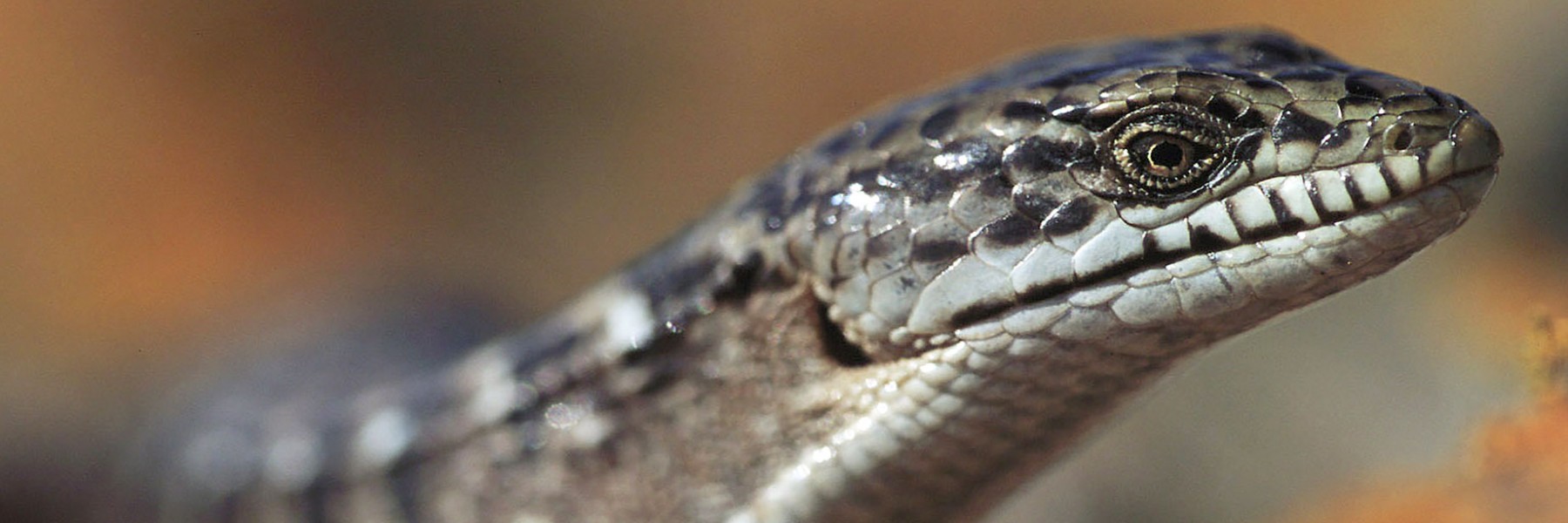Foundation Building
To ensure that students have the fundamentals of the disciplines of Ecology, Evolution, and Marine Biology, students are required to take EEMB 507, EEMB 508 and EEMB 509 in their first year. UCSB is a highly interdisciplinary campus, and students are encouraged to take advantage of graduate level courses and seminars in EEMB and in other departments to further develop their knowledge of their own subject area and others of interest. Being a teaching assistant helps cement a doctoral student's knowledge and develops essential teaching and communication skills. Course credit is awarded for TAing and one course is required in teaching techniques.
Course Requirements
- Seminar Courses For New Graduate Students
-
These seminar courses are designed to familiarize new graduate students with the EEMB faculty and the diversity of research being conducted in the department and to provide a forum for interactions among new graduate students. It is required of all incoming graduate students unless special circumstances prevent attendance.
Course Number Course Name Quarter Year Units EEMB 290 Introduction to Faculty Research Winter/Spring 1 2 - EE-CORE Graduate Curriculum
-
These seminar courses are designed to familiarize new graduate students with the EEMB faculty and the diversity of research being conducted in the department and to provide a forum for interactions among new graduate students. It is required of all incoming graduate students unless special circumstances prevent attendance.
Course Number Course Name Quarter Year Units EEMB 507 Introduction to Graduate Research Fall 1 2 EEMB 508 Levels of Biological Organization I: Individuals & Populations Fall 1 4 EEMB 509 Levels of Biological Organization II Winter/Spring 1 4 - Teaching Assistant Courses
-
All students must qualify for and hold a teaching assistantship for the equivalent of two quarters during some point in the graduate career in order to obtain teaching experience. To qualify, students must complete the following courses.
Course Number Course Name Quarter Year Units EEMB 500 Campus Orientation Fall 1 1 EEMB 501 Practicum in Instruction (optional) N/A N/A 1-4 EEMB 502 Teaching Techniques Winter 1 2
Graduate Council Regulations Regarding Committees
- Minimum of 3 UC ladder faculty, 2 (including Chair) must be in home department
- Additional members may be at departmental discretion
Departmental Committees Requirement
- Students must form M.A. committee during their first year
Select Plan I or Plan II Graduate Student Plans
- Plan I: Thesis
-
A minimum of 30 units and a thesis are required; at least 20 units must be in the 200 and 500 series, excluding 597, 598 and TA courses (500, 501, 502). No more than half the graduate-level units (10 units) may be EEMB 596. Courses outside the department may be substituted upon written approval of the student's advisory committee. No unit credit is allowed for the thesis.
- Plan II: Comprehensive Examination
-
A minimum of 36 units and a comprehensive exam are required; at least 24 units must be in the 200 and 500 series, excluding 597, 598 and TA courses (500, 501, 502). No more than half the graduate-level units (12 units) may be EEMB 596. Courses outside the department may be substituted upon written approval of the student's advisory committee.
Comprehensive Exam / Exam Committee
The comprehensive examination will cover a major and a minor area of study as described below:
- Ecology with Ecosystem, Evolutionary, Physiological, Community, or Population emphases
- Behavioral Ecology
- Biology of Deep Sea Animals
- Biological Oceanography
- Invertebrate Biology
- Limnology
- Macroevolution
- Mathematical Biology
- Parasitology
- Population Genetics
- Physiology / Ecological Physiology
- Stream Ecology
- Vertebrate Evolution, Morphology, and Systematics
- Pharmacology
- Endocrinology
- Comparative Physiology
Course Requirements
Seminar Courses - For New Graduate Students
These seminar courses are designed to familiarize new graduate students with the EEMB faculty and the diversity of research being conducted in the department and to provide a forum for interactions among new graduate students. It is required of all incoming graduate students unless special circumstances prevent attendance.
